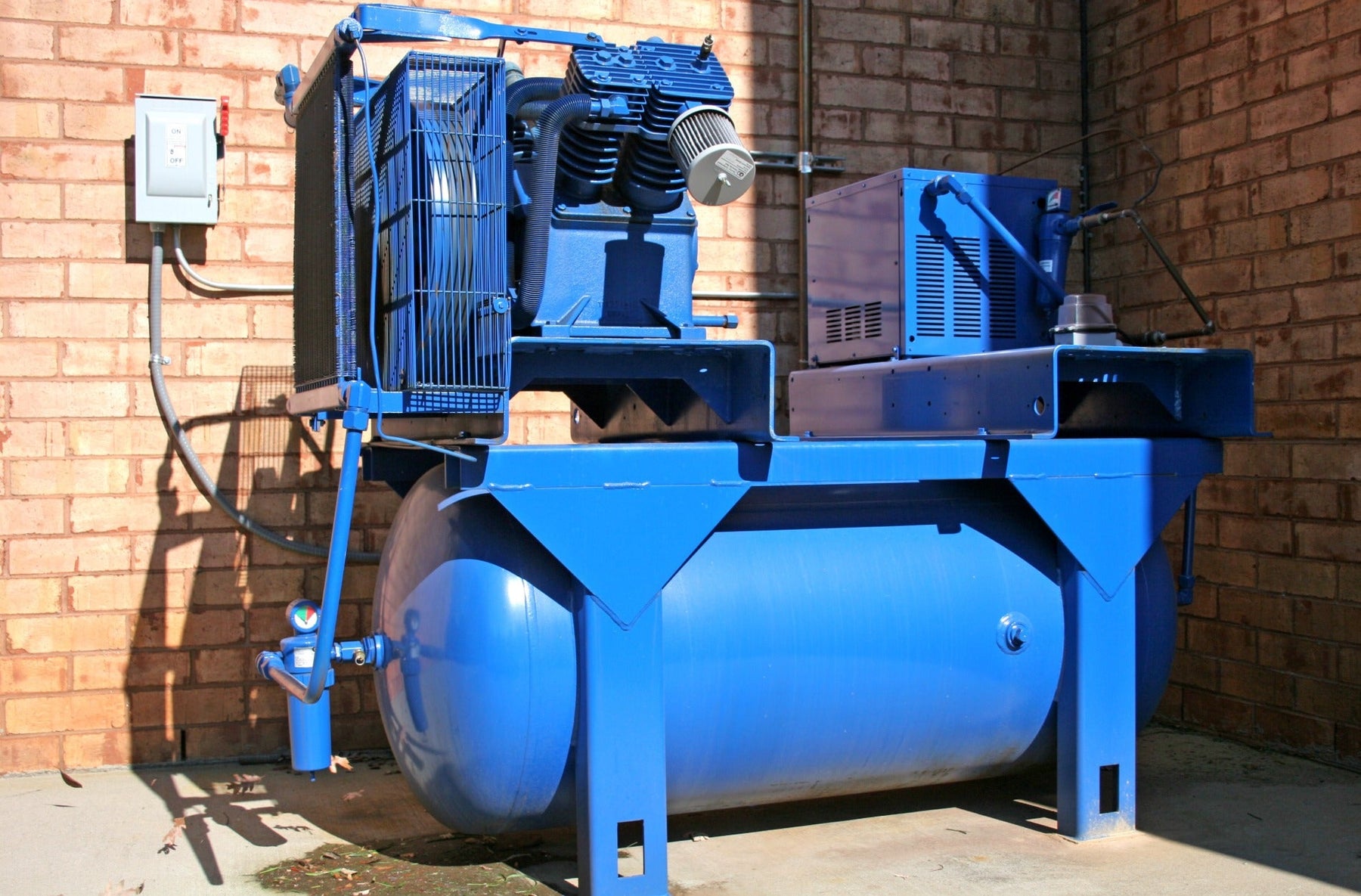
Keeping Your Air-Oil Compressor Running Smoothly
An air-oil compressor is one of those pieces of equipment that works quietly in the background right up until it doesn’t. When things go wrong, the ripple effect usually hits fast: slower output, inconsistent performance, overheating, and more. That’s why regular care isn't something to brush off. Like changing your truck's oil before it runs dirty, keeping up with your compressor's needs can keep things moving without a hitch.
If you’ve ever dealt with a system that suddenly shuts down or sounds like it’s straining just to do its job, chances are it could’ve used a little more attention. Staying on top of basic tasks like checking filters and keeping oil levels in check can mean fewer repairs, longer equipment life, and a whole lot less downtime. It all starts with knowing what you’re working with and giving it what it needs on a regular basis.
Understanding Your Air-Oil Compressor
An air-oil compressor works by drawing in air, compressing it, and using oil to cool and lubricate components during that process. This mixture of air and oil helps reduce heat, protect parts from friction, and keep the unit running at a steady pace. It’s common in industries where consistent pressure and heavy-duty use are expected.
These systems usually include a few key parts:
1. Airend or compressor pump
2. Drive motor
3. Oil separator tank
4. Filters (air, oil, and separator)
5. Cooler
6. Control panel
Each part plays a specific role. The oil doesn’t just stay in the tank. It moves through the system, pulling heat away from high-friction areas and carrying contaminants to be filtered out. Filters trap these particles and keep them from cycling back through the system.
You don’t have to be a technician to understand that when one part gets dirty, worn, or blocked, it puts pressure on the rest. For example, if the oil filter clogs, heat can build up fast and wear down components. Or if the separator filter is full, oil might carry over into lines where it shouldn’t be, reducing performance and possibly damaging end-use equipment. All of these issues start small, which is why regular upkeep goes a long way.
Regular Maintenance Tips
Routine maintenance is key to avoiding big problems. It keeps your air-oil compressor working as it should and cuts down on surprise breakdowns. Most tasks are simple but make a big difference if done regularly.
Here’s a short list of what to focus on:
1. Inspect the unit monthly
- Look for leaks, strange noises, or spikes in temperature
- Check oil levels and look out for foaming or discoloration
- Monitor warning lights or unusual readings on the control panel
2. Clean or replace filters
- Air filters can clog quickly, especially in dusty settings. Swap them out if you notice reduced airflow or strange noises
- Oil filters remove particles from the oil. Replace them on schedule, usually every few hundred hours
- The separator filter removes oil from the air stream. If left too long, it can cause oil carry-over and pressure drops
3. Keep things lubricated
- Use the right type and amount of oil to avoid overheating and friction
- Always use oil that matches the system’s spec
- Change oil based on run hours, or sooner if the compressor runs in tough conditions
If you’ve ever had to deal with a loud, unreliable system throwing off your workflow, you know how frustrating it can be. These small steps can help you avoid that. Make maintenance part of your routine before it forces its way onto your schedule.
Troubleshooting Common Problems
Even with regular maintenance, issues pop up now and then. Recognizing signs early on makes a huge difference and can save you from bigger repairs later.
One common problem is the compressor not starting. This could be due to something simple like a blown fuse or a tripped breaker. These are usually easy to check before calling someone in.
Another issue is overheating. This can happen when filters are dirty or when the compressor doesn’t have enough ventilation. Keeping the area clean and making sure air can move freely around the unit helps a lot.
If your compressor is running but not giving consistent pressure, you might have a loose connection or a leak in a hose. Odd noises are also signs that something may be off. Catching these things early prevents bigger problems later.
Troubleshooting checklist:
1. Compressor Won’t Start
- Check electrical connections
- Make sure breakers are not tripped
- Confirm all switches are turned on
2. Overheating
- Clean or replace clogged filters
- Remove anything blocking airflow around the unit
3. Inconsistent Pressure
- Inspect for hose or fitting leaks
- Replace worn or broken parts
These quick checks can often solve minor problems and keep the system running without a hitch. But if things still don’t seem right, don’t guess. That's when it's time to bring in a professional.
When to Call in the Pros
Even if you stay on top of maintenance, there will be times when only a professional can fix the issue. Getting expert help early can save you a lot of time and hassle.
If your air-oil compressor frequently acts up, or if you notice a steady drop in performance, those are warning signs. Strange noises you can’t figure out, lower pressure levels, or rising temperatures could all be pointing to something more serious.
Professional technicians have tools that go beyond what you can handle on site. They can test specific components, check for deeper electrical issues, and fine-tune settings. On top of that, they often find hidden wear and tear you might miss.
Calling in the pros keeps your equipment safe, your team on schedule, and your long-term costs lower than they would be if problems snowball into full breakdowns.
Keeping Your Compressor in Peak Condition
Sticking to a consistent maintenance schedule is the best way to keep your air-oil compressor at its best. It helps you avoid downtime and extends the life of your system. Simple practices like monthly checkups and timely filter replacements lead to reliable performance day in and day out.
Don’t wait for warning lights or unusual sounds to tell you something’s wrong. If your system’s acting different, follow up right away. Whether that means swapping out a filter or calling in a pro, it’s always quicker and cheaper to deal with an issue now than to let it grow into something major.
Your equipment works hard every day. A little attention now helps prevent the kind of problems that slow down jobs, raise repair costs, or shorten the lifespan of your compressor. When you know your equipment and stay ahead of its needs, it’s easier to keep everything humming along smoothly.
Regular maintenance and proactive care are key to extending the life of your compressor. If you're ready to keep your air-oil compressor running smoothly, explore the quality parts and solutions available at Compressor Filter Hub. With the right components and consistent upkeep, your system will stay reliable and efficient for the long haul.
